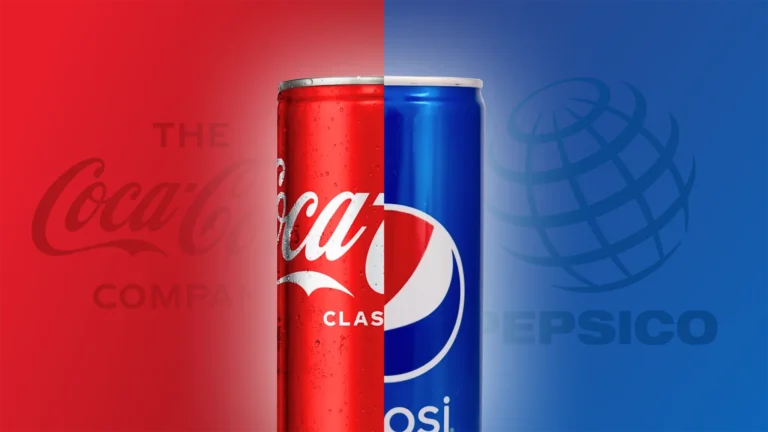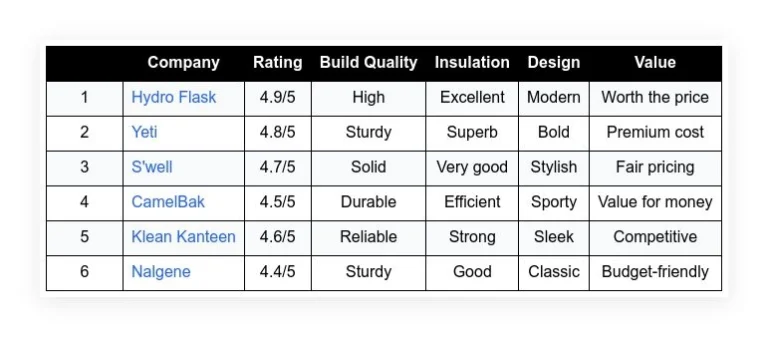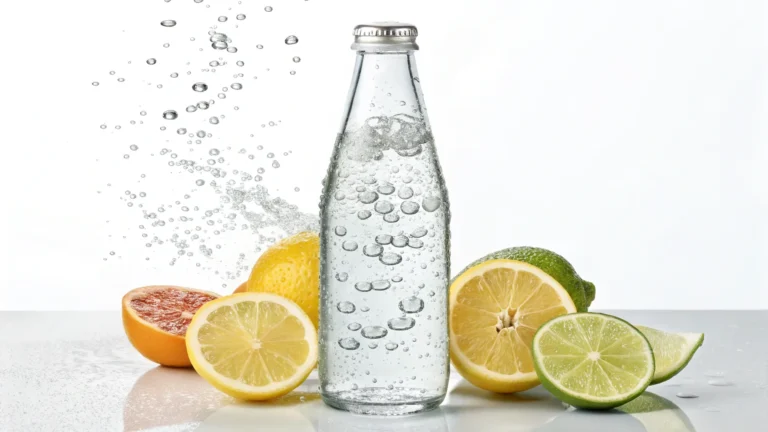Experts have long discussed hydration and its impact on personal health. Recently, a trusted medical correspondent provided clear views on carbonated water and its role in keeping the body hydrated. The discussion compared still water and fizzy water, clarifying common concerns and highlighting important choices. With a focus on everyday health, the expert explained what to look for when selecting water from crowded store shelves.
Understanding the Hydration Debate
The expert explained that both still and carbonated water are excellent for hydration. There is no single “best” water choice when it comes to nourishment. Both types of water help maintain good hydration, which is especially important on hot summer days when the body needs more fluids.
The conversation emphasized that a shift in beverage choices can significantly affect one’s health. Changing from sugar-loaded drinks to carbonated water can lead to improvements in weight management. This advice comes from experiences that include a significant personal weight loss, achieved by replacing sugary beverages with healthier sparkling options.
Key Hydration Facts and Tips
The medical correspondent provided several essential points that can help consumers make informed choices. The following summary encapsulates the main takeaways:
- Hydration Benefit: Both still and fizzy water hydrate the body well.
- Reading Labels: It is important to check the label for added sugars and minerals.
- Mineral Content: Many carbonated waters include calcium, magnesium, or other minerals that add taste.
- Consumption Tips: Drinking through a straw may help reduce contact between the beverage and teeth if sensitivity is an issue.
Simple actions such as checking for added sugar levels can help individuals reduce calorie intake from their drinks. These adjustments can benefit overall health, particularly for those who often consume sugary drinks.
Different Types of Carbonated Water
The discussion detailed the various types of carbonated water available on market shelves. Plain soda water often comes with added minerals like calcium and magnesium. These minerals can influence both flavor and experience. Although these additives do not change the hydration benefits, they do affect the taste, which plays an important role in consumer preference.
Consumers may encounter sparkling water labeled as soda water or other similar names. Each option provides the primary benefit of hydration while offering a range of flavors. However, it is essential for buyers to be aware that some products include added sugar to enhance flavor. This caution is especially important for those who wish to avoid unnecessary calories and maintain good health.
Health Benefits and Considerations
Dr. Darrien Sutton highlighted that carbonated water remains a healthy choice when compared to many sugary alternatives. The expert pointed out that by selecting fizzy water, individuals can limit their intake of sugary beverages. This can lead to better overall health results, such as weight loss and improved nutritional intake.
The expert shared a personal account of cutting back on sugar consumption by changing beverage habits. This change contributed to a significant weight loss by replacing standard sodas with sparkling water. The experience serves as an example for anyone looking to improve their diet and health by making thoughtful choices about what they drink.
Another concern that often arises is the potential harm carbonated water might have on dental health. Some fans of still water worry about the effects of carbonic acid on the teeth. However, the expert explained that such concerns are more theoretical than real. While people with sensitive teeth should exercise caution, the risk is minimal. Drinking through a straw can help keep the beverage from frequently touching the teeth, though this practice might be applied to nearly any drink.
Label Literacy and Smart Choices
The discussion underscored the importance of reading labels carefully. Carriers of added sugars in sparkling water should be extra careful, as these sugars add extra calories without offering any benefit for hydration. Shopping for water does not require expert training, but paying attention to the ingredients list can help consumers avoid unwanted additives.
In addition to examining the sugar levels, consumers should also note the sodium content. In the context of sparkling water, the sodium levels are generally low and are not a major concern. This makes sparkling water a simple and effective alternative to more sugary drinks. If one is careful with sodium consumption in other parts of the diet, a moderate intake from carbonated water is unlikely to cause harm.
The Role of Alternative Waters
There was also a discussion about alkaline water. While some claim that alkaline water offers special benefits, the expert maintained that its taste might be preferable for some, but the benefits do not differ significantly from other water types. The results ultimately point to taste preference rather than clear health advantages.
This point serves as a reminder that water selection should focus on personal taste and lifestyle goals. People seeking to avoid sugary drinks need not worry about the hydration efficiency of carbonated water, as it provides the same essential benefits as still water. For anyone looking to improve their overall drinking habits, carbonated water is a worthy choice.
Examining the Practical Impact
The insights shared by the medical correspondent are rooted in practical experiences. One significant example includes the shift away from sodas, which can lead to a healthier diet and weight management benefits. By choosing sparkling water, individuals substitute a high-calorie beverage for one that offers hydration without excess sugar. This change is simple yet effective.
The expert’s remarks also reassure those who worry about potential side effects. Concerns about tooth sensitivity due to carbonic acid are addressed by simple precautionary measures. It is clear that, for most people, these risks are minimal. In everyday practice, the ease of use and broad availability of carbonated water reinforces its role as a safe, convenient hydration source.
Everyday Hydration in Modern Life
In a world where many individuals struggle to maintain daily hydration, making wise beverage choices is a goal for many. Whether the choice is still or sparkling water, the key point remains: water hydrates the body effectively. During hot summer days or regular routines, maintaining a healthy water intake is essential.
This conversation serves as an educational resource for anyone looking for alternatives to sugary drinks. By switching to carbonated water, individuals can enjoy a flavorful beverage while reducing their sugar intake. It is a practical option that has been tested by many who found success in both improved health and weight management.
Everyday Tips for Better Hydration
Simplifying beverage decisions can lead to meaningful changes in daily routines. Here are several straightforward tips shared by the expert:
- Read the packaging to check for hidden sugars.
- Notice the list of ingredients, especially for added minerals.
- If desired, use a straw to minimize contact with teeth.
- Balance sodium intake in meals if you consume beverages with a small amount of sodium.
These guidelines provide an easy approach for anyone looking to adjust their hydration habits. When shopping at the grocery store, a quick scan of the labels can pave the way to healthier decisions. The underlying message is simple: drink water of any kind that fits into a healthy lifestyle.
Practical Impact on Diet and Weight Management
One memorable part of the discussion focused on a personal journey to better health. Changing beverage choices can have a direct and noticeable impact, including weight loss. By replacing sugary drinks with carbonated water, individuals have reported large differences in how they feel and perform. For many, this small change makes a big difference in overall calorie consumption and vitality.
The expert recounted a personal experience where a reduction in sugary drink consumption led to nearly 40 pounds of weight loss. This real-life example offers encouragement to those unsure about making the change. It shows that the benefits extend beyond hydration to include broader health improvements.
Broader Implications for Consumers
The conversation also touched on the wider significance of these choices. By choosing water over drinks high in sugar, individuals take a proactive step in managing their overall health. The ripple effects of such a decision include better energy levels, improved mood, and steadier blood sugar management.
This wise choice is not only beneficial on an individual level, but it can also influence community health outcomes over time. As more people choose healthier beverage options, the demand for sugar-laden drinks decreases. This shift can lead to a broader understanding of nutrition and promote a healthier lifestyle for many.
In summary, the insights provided make it clear that carbonated water is a safe, effective way to stay hydrated. The health benefits extend from the simple act of drinking water instead of sugary beverages. While taste preferences vary, the ability to read labels and make informed choices ensures that everyone can enjoy water that supports their health goals.
Frequently Asked Questions
Q: Is fizzy water as effective as still water for hydration?
Yes, both fizzy water and still water provide excellent hydration. The main benefit of both is their ability to supply the body with needed fluids. The choice ultimately comes down to personal taste and lifestyle needs.
Q: What should I look for on the water label?
It is wise to check for added sugars and minerals. Many sparkling waters will list these ingredients. Making a habit of reading the label helps ensure you choose an option that suits your health needs.
Q: Are there any dental concerns with drinking carbonated water?
Most concerns about tooth sensitivity from carbonated water are more theoretical than practical. However, if you have sensitive teeth, using a straw may help. The risk remains low for most individuals.










